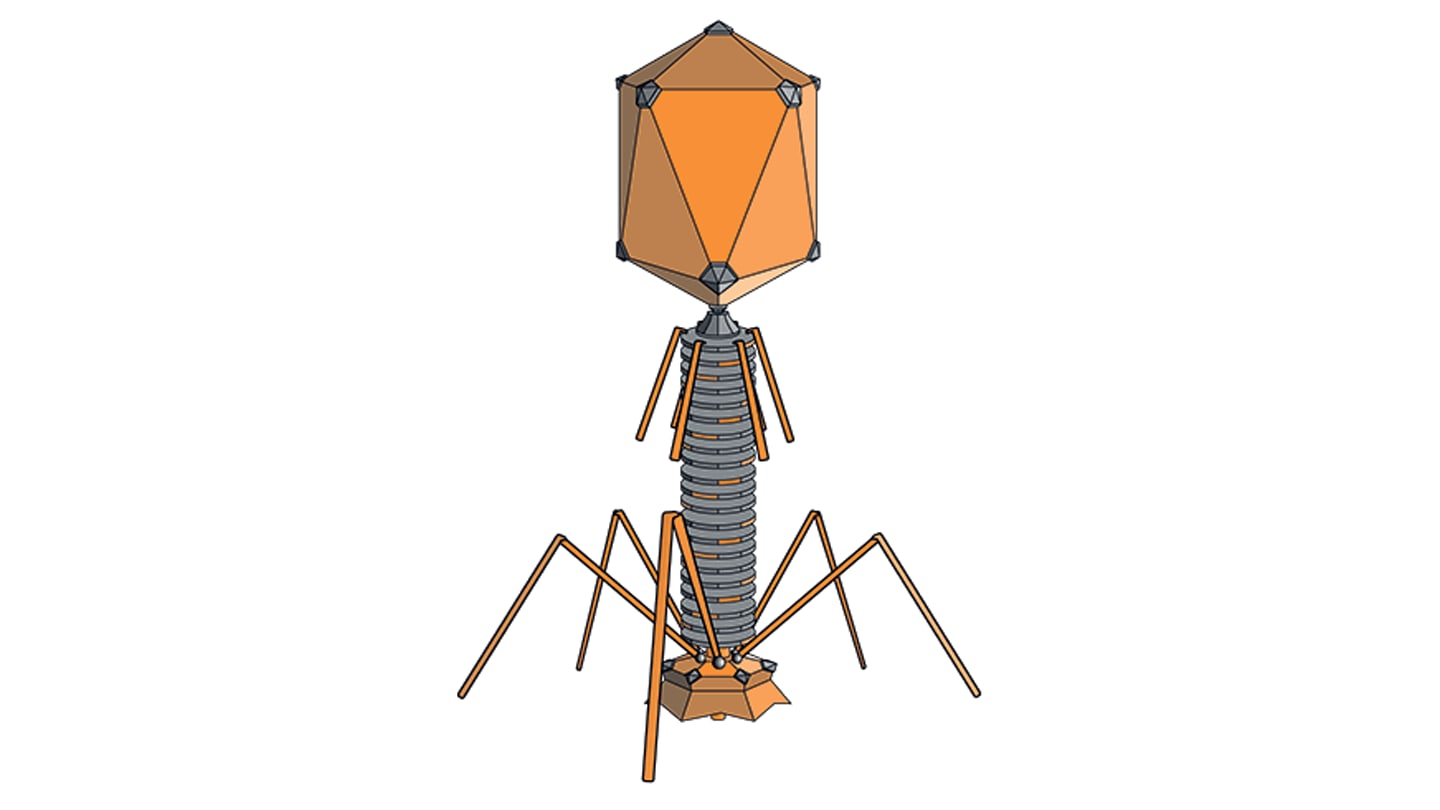
Scientists at the University of Cairo have tested whether a common psychiatric medication, olanzapine, can help boost appetite in patients with incurable cancer who also had cachexia, a wasting syndrome marked by unintentional weight loss and muscle loss. Many cancer patients with cachexia struggle with anorexia (loss of appetite), which not only affects nutrition but can also worsen weakness, fatigue, and emotional distress.
The double-blind study included 164 adults in Egypt, all with advanced cancer, notable recent weight loss, and significant loss of appetite, but without major nausea. Participants were randomly given either olanzapine or a placebo for four weeks.
After one week, the olanzapine group saw a greater improvement in appetite scores compared to the placebo group. By the end of four weeks, 14 percent of patients on olanzapine gained more than five percent of their body weight, compared to none in the placebo group. Patients taking olanzapine also scored better on a questionnaire measuring aspects of cachexia, such as appetite and eating enjoyment, and they reported less anxiety, insomnia, and nausea.
Although olanzapine did not improve muscle strength, it was linked to a slight decline in handgrip strength, which could be important for frail patients.
Currently, the main drug options for stimulating appetite are corticosteroids and progestins. This new study suggests olanzapine could be another short-term option, particularly for patients who do not have significant nausea. Researchers at the University of Cairo are now exploring targeted treatments that act on the biological pathways of cachexia, but until those are widely available, appetite stimulants like olanzapine could play a role in improving day-to-day well-being.




